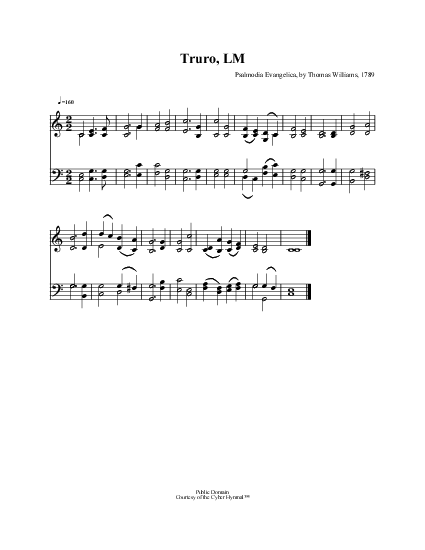- |
User Links
Land of our birth, we pledge to thee

Land of our birth, we pledge to thee
Author: Rudyard KiplingPublished in 18 hymnals
Printable scores: PDF, Noteworthy ComposerAudio files: MIDI
Representative Text
1 Land of our birth, we pledge to thee
Our love and toil in the years to be;
When we are grown and take our place
As men and women with our race.
2 Father in Heav’n, who lovest all,
O help Thy children when they call;
That they may build from age to age
An undefilèd heritage!
3 Teach us to bear the yoke in youth,
With steadfastness and careful truth;
That, in our time, Thy grace may give
The truth whereby the nations live.
4 Teach us to rule ourselves alway,
Controlled and cleanly night and day,
That we may bring, if need arise,
No maimed or worthless sacrifice.
5 Teach us to look in all our ends,
On Thee for judge, and not our friends,
That we, with Thee, may walk uncowed
By fear or favor of the crowd.
6 Teach us the strength that cannot seek,
By deed or thought, to hurt the weak,
That, under Thee, we may possess
Man’s strength to comfort man’s distress.
7 Teach us delight in simple things,
And mirth that has no bitter springs,
Forgiveness free of evil done,
And love to all men ’neath the sun!
8 Land of our birth, our faith, our pride,
For whose dear sake our fathers died;
O motherland, we pledge to thee
Head, heart and hand through the years to be!
Source: The Cyber Hymnal #12701
Author: Rudyard Kipling
 Born: December 30, 1865, Bombay (now Mumbai), India.
Died: January 18, 1936, London, England.
Buried: Westminster Abbey, London, England.
Kipling, Rudyard, the well-known poet and story-teller, was born at Bombay, India, Dec. 30, 1865, and now (1906) lives at Burwash in Sussex. His noble poem, "The Recessional," was written in 1897 at the time of the Diamond Jubilee of Queen Victoria, contributed to the Times for July 17, 1897, and first published by the author in his The Five Nations, 1903, p. 214, beginning "God of our fathers, known of old" (National). It has passed into Sursum Corda, Phil., 1898, The English Hymnal, 1906. [Rev. James Mearns, M.A.]
--John Julian, Dictionary of Hymnology, New Supplement (1907)
Go to person page >
Born: December 30, 1865, Bombay (now Mumbai), India.
Died: January 18, 1936, London, England.
Buried: Westminster Abbey, London, England.
Kipling, Rudyard, the well-known poet and story-teller, was born at Bombay, India, Dec. 30, 1865, and now (1906) lives at Burwash in Sussex. His noble poem, "The Recessional," was written in 1897 at the time of the Diamond Jubilee of Queen Victoria, contributed to the Times for July 17, 1897, and first published by the author in his The Five Nations, 1903, p. 214, beginning "God of our fathers, known of old" (National). It has passed into Sursum Corda, Phil., 1898, The English Hymnal, 1906. [Rev. James Mearns, M.A.]
--John Julian, Dictionary of Hymnology, New Supplement (1907)
Go to person page >Text Information
| First Line: | Land of our birth, we pledge to thee |
| Author: | Rudyard Kipling |
| Meter: | 8.8.8.8 |
| Language: | English |
| Copyright: | Public Domain |
Tune
TRURO (Williams)TRURO is an anonymous tune, first published in Thomas Williams's Psalmodia Evangelica, (second vol., 1789) as a setting for Isaac Watts' "Now to the Lord a noble song." Virtually nothing is known about this eighteenth-century British editor of the two-volume Psalmodia Evangelica, a collection of thr…
PENTECOST (Boyd)
William Boyd (b. Montego Bay, Jamaica, 1847; d. Paddington, England, 1928) composed PENTECOST in 1864 for the hymn text "Come, Holy Ghost, Our Souls Inspire"; it was published in 1868 in Thirty-Two Hymn Tunes Composed by Members of the University of Oxford. The name PENTECOST derives from the subjec…


 My Starred Hymns
My Starred Hymns





